To date, according to the Ministry of Industry and Trade, 72 countries have recognized Vietnam as a market economy, including major economies such as Canada, Australia, Japan, and South Korea. Most recently, the United Kingdom has issued an official letter recognizing Vietnam's market economy status.
Speaking to VnExpress , a representative of the Department of Trade Defense (Ministry of Industry and Trade) said that since the first anti-dumping investigation against Vietnam in 2002, the US has considered Vietnam a non-market economy.
The proposal for the US to soon recognize Vietnam's market economy status was mentioned by Prime Minister Pham Minh Chinh when meeting with US Secretary of Commerce Gina Raimondo on September 19 in Washington. The joint statement between General Secretary Nguyen Phu Trong and President Joe Biden on upgrading Vietnam-US relations to a Comprehensive Strategic Partnership earlier also mentioned this issue.

Prime Minister Pham Minh Chinh received US Secretary of Commerce Gina Raimondo on September 19 in Washington. Photo: Nhat Bac
In addition to the US, the EU also maintains its view of Vietnam as a non-market economy. In 2015, while negotiating the FTA, a representative of the European Union delegation noted to the press that signing the agreement did not mean recognizing Vietnam as a market economy.
A non-market economy refers to an economy where the government has a monopoly or near monopoly over trade and where domestic prices are fixed by the state. If an exporting country is considered a non-market economy, the normal principles of price calculation will not be used. The importing country may use other methods that it deems appropriate. This creates some major disadvantages for producers and exporters from economies considered as non-market economies.
In fact, each country and economy will have its own regulations on criteria for determining a non-market economy.
According to US regulations, there are 6 criteria to consider whether an economy has a market or not, including: The level of currency conversion; Salary and wage negotiations between employees and employers; The level of foreign investment in economic activities; The issue of state ownership and private ownership; The level of government control over some resources and prices; Other factors.
For the EU, there are 5 criteria to consider such as: the level of government influence in the allocation of resources and business decisions (Vietnam has achieved this, according to the EU's assessment in 2015); no state intervention that distorts the daily operations of businesses; corporate governance, accounting and auditing; the existence and enforcement of some legal regimes, respect for intellectual property rights, bankruptcy and competition as well as judicial systems; financial sector.
Ms. Nguyen Thi Thu Trang, Director of the WTO and Integration Center, said that in the WTO accession document in 2007, due to the negotiation context, Vietnam had to accept that it could be considered a non-market economy by the importing country.
"In anti-dumping investigations, being considered a non-market economy has a big impact on businesses," said a representative of the Trade Defense Department.
For example, when calculating the dumping margin, the US will use the value of a third country considered to have a market economy to calculate the production costs of enterprises in Vietnam instead of using data provided by these units. This causes the dumping margin to be pushed up very high and does not reflect the production situation of Vietnamese enterprises.
"Not to mention that many times, manufacturers in the replacement country are competitors of Vietnamese exporters, and they can provide unfavorable data in these investigations," Ms. Trang further explained.
In addition, considering Vietnam a non-market economy allows the US to apply a nationwide tax rate - a tax rate for businesses that do not cooperate or cannot prove that they are not under government control. The nationwide tax rate is often calculated by the US based on available data, so it is often pushed up very high, maintained in all reviews, hindering the consideration of lifting the tax order.
Currently, the US is an important export market for Vietnam with a total turnover of nearly 109.4 USD in 2022 (accounting for 29.5% - according to data from the General Department of Customs). The US also initiated the most trade defense investigations against Vietnam, mainly anti-dumping investigations with 25 out of 56 cases as of August 2023.
The EU has been the third most important foreign market for Vietnamese goods since 2020. According to the Ministry of Industry and Trade, since the EVFTA took effect, Vietnam has exported 128 billion USD worth of goods to this market. According to the Customs Department, in 2022, the value of Vietnamese goods to the EU will be 46.8 billion USD, accounting for 12.6% of total export turnover.
Therefore, being recognized as a market economy by two major import markets is of great significance to Vietnam's manufacturing and export industries.
"If recognized, when facing anti-subsidy and anti-dumping lawsuits, Vietnamese enterprises will not be subject to the above unfavorable calculations. Thus, the amplitude and corresponding tax rates will be determined by the US in a more standard and fair manner, thus being able to be significantly reduced compared to the present," said Ms. Trang.
In fact, since 2008, after officially joining the WTO, Vietnam and the US have established a bilateral working group on market economy. Up to now, information from the Ministry of Industry and Trade - the focal point of Vietnam - said that the two sides have held 10 meetings, updating the US on the market economy situation in Vietnam. High-ranking Vietnamese leaders, during their working trips to the US, also mentioned this issue.
On September 8, the Vietnamese Ministry of Industry and Trade officially submitted a request to the US Department of Commerce to review Vietnam's market economy status. "The timing of the submission is special in the context of the two countries' relationship being raised to a new level," the Trade Defense Department assessed.
According to regulations, the US Department of Commerce will decide whether to initiate a review within 45 days and will issue a conclusion within 270 days from the date Vietnam submits the application. In the Joint Statement of the two countries, the US said it will promptly consider the request for recognition of market status. In a recent meeting with Prime Minister Pham Minh Chinh, Commerce Minister Gina Raimondo said she would seek to promote the US to soon approve Vietnam's request.
Source VNE
Source








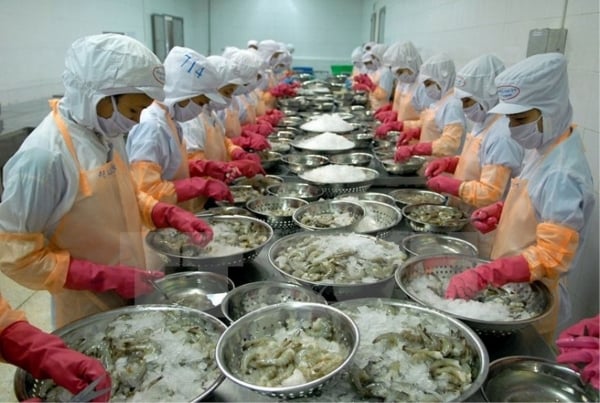



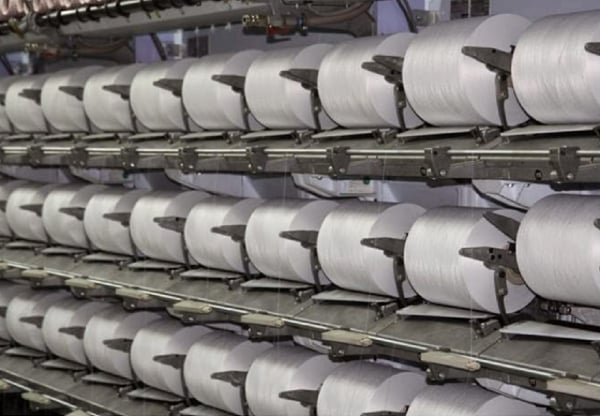


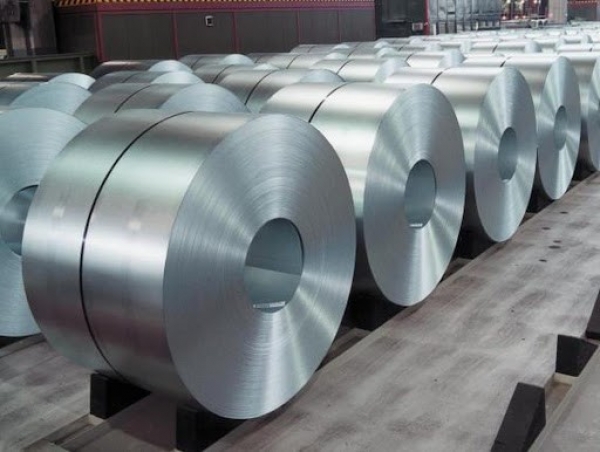



















![[Photo] Prime Minister Pham Minh Chinh chairs Government Conference with localities on economic growth](https://vstatic.vietnam.vn/vietnam/resource/IMAGE/2025/2/21/f34583484f2643a2a2b72168a0d64baa)






























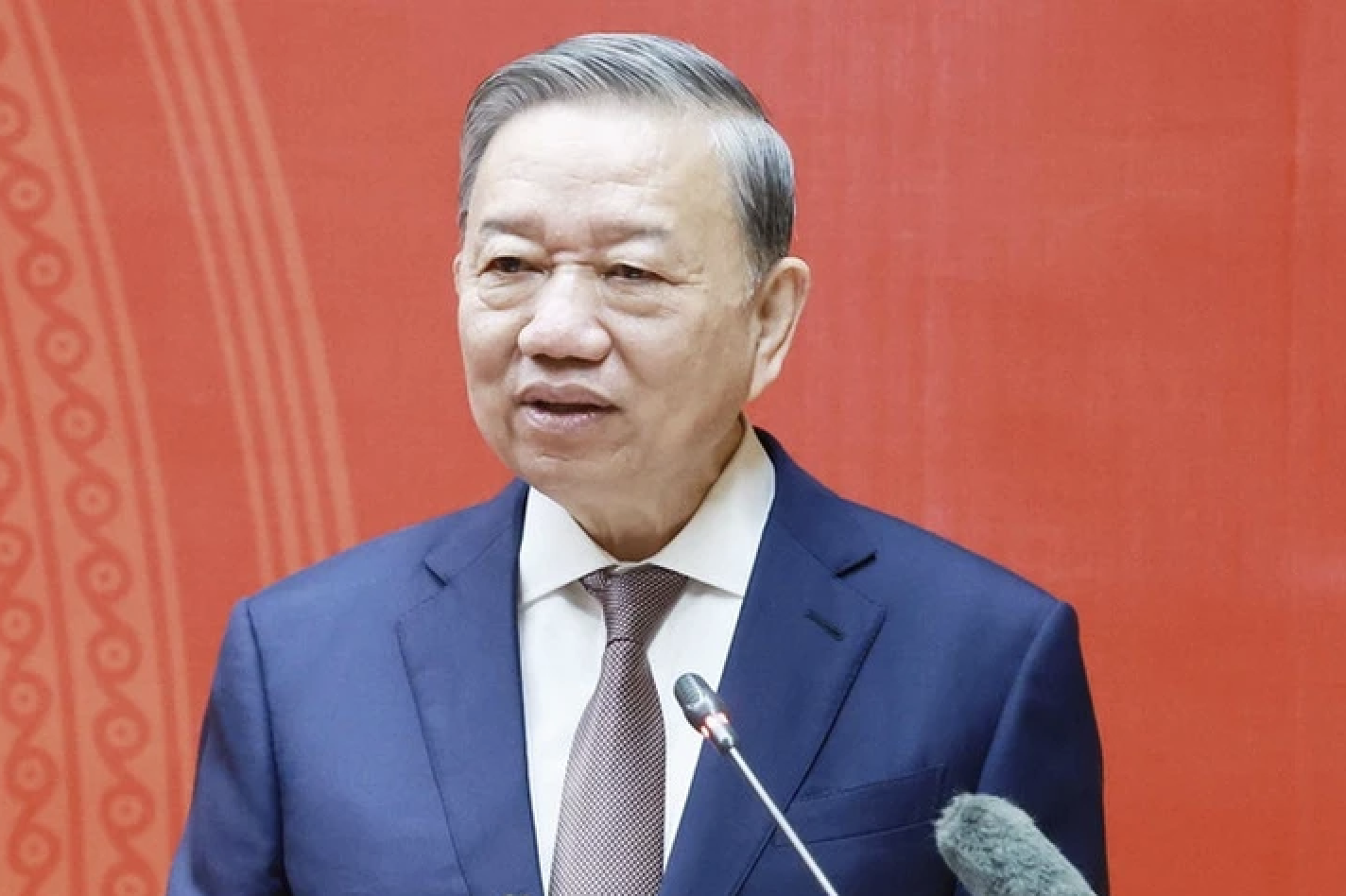
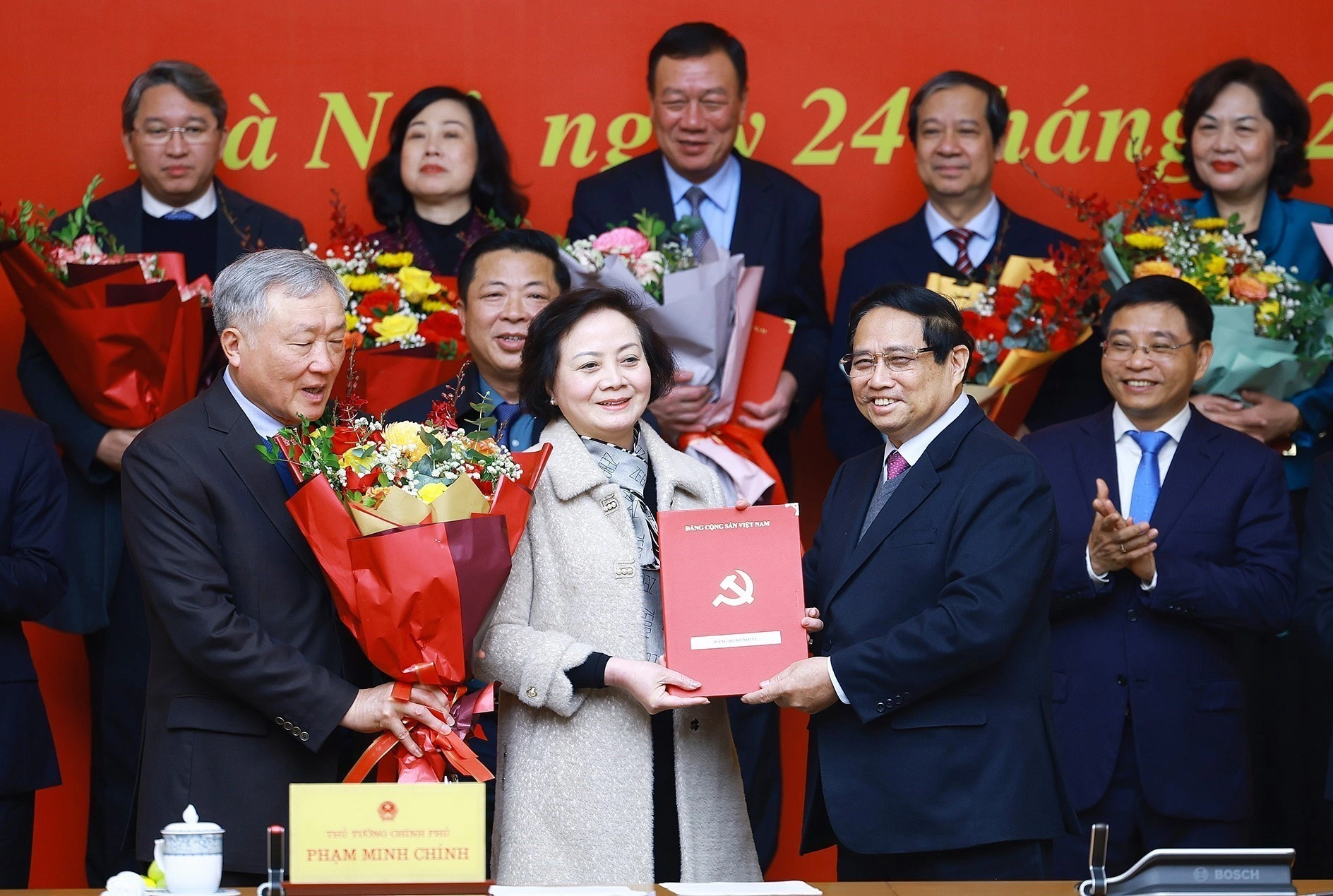
















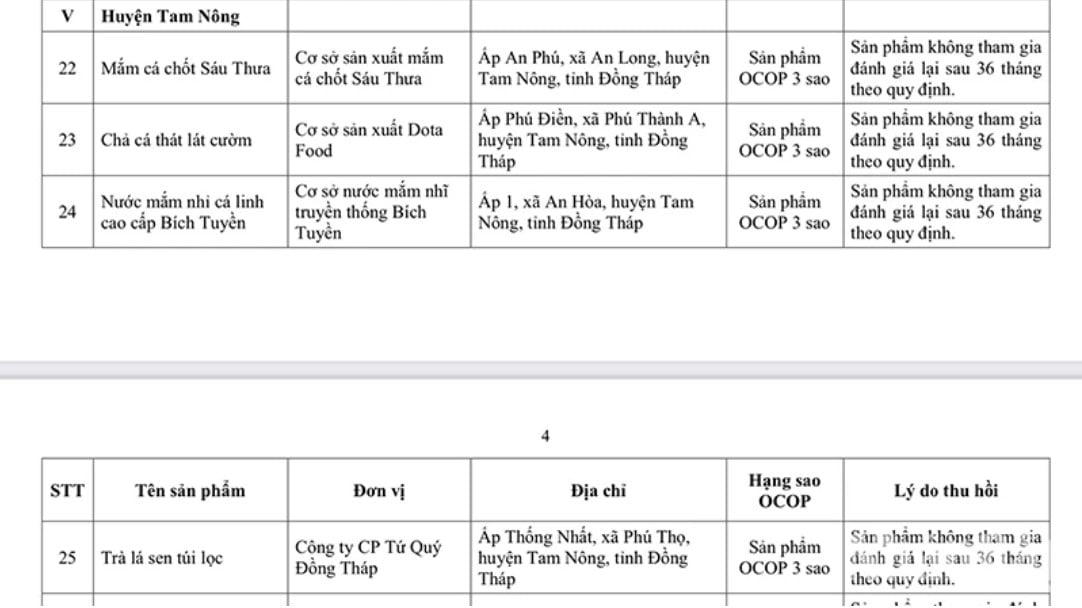




Comment (0)